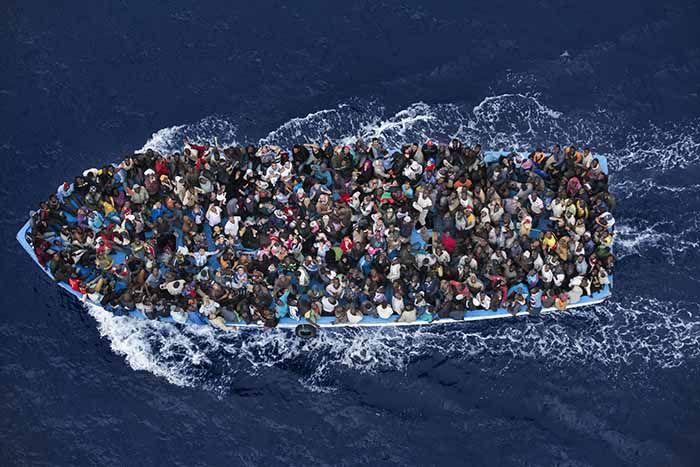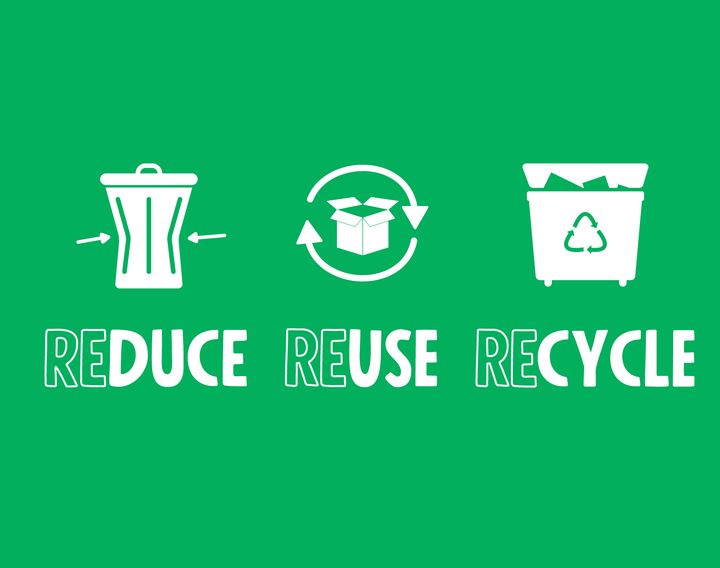Breaking Down the Syrian Refugee Crisis: Understanding the Humanitarian and Political Response
The Syrian Refugee Crisis: A Call to Action. Learn about the political response, personal stories, and how to help those affected by the crisis

One of the most important humanitarian concerns of our day is the Syrian refugee crisis. Millions of people have been displaced and forced to evacuate their homes since the Syrian Civil War began in 2011, with many seeking safety in neighbouring countries and abroad. This blog will provide an overview of the Syrian refugee issue, including the history of the conflict, the current situation, and the humanitarian response.
The Syrian Civil War began in 2011 as a result of a brutal government crackdown on public demonstrations in support of teenagers detained in the southern town of Daraa for anti-government graffiti. The arrests provoked nationwide protests, which were severely crushed by government security forces. The conflict quickly escalated, with many armed factions entering the fight against the government, resulting in a protracted and destructive civil war that is still happening today.
Current Situation
Millions of people have been displaced as a result of the Syrian refugee crisis, with over 6.6 million internally displaced Syrians and over 6.7 million forced to migrate to other countries. The bulk of Syrian refugees have sought sanctuary in neighbouring countries such as Turkey, Lebanon, Jordan, and Iraq, but others have sought asylum in Europe and North America.

Many Syrian refugees are living in overcrowded and under-resourced refugee camps, missing basic essentials like food, clean water, and medical treatment. The COVID-19 outbreak has only worsened these issues, with migrants suffering severe economic hardship and limited access to healthcare.
Humanitarian Response
The Syrian refugee crisis has sparked an enormous humanitarian response, with numerous organisations and governments assisting people affected by the violence. The United Nations High Commissioner for Refugees (UNHCR) has played an important role in assisting Syrian refugees by coordinating the efforts of governments and relief organisations to give shelter, food, and medical care to those in need.
Other organisations, like the International Committee of the Red Cross (ICRC) and Médecins Sans Frontières (MSF), have also provided medical and humanitarian assistance to individuals affected by the disaster. Despite these efforts, assistance organisations have substantial barriers in providing aid to refugees, such as limited resources, security hazards, and bureaucratic obstacles.
Political Response
The Syrian refugee crisis has been both a humanitarian and a political one. Governments around the world have reacted differently, with some countries welcoming refugees and others refusing.
International refugee policies vary greatly, with some countries enacting harsh laws that limit the number of refugees they receive. In recent years, the United States, for example, has dramatically reduced the number of refugees it takes, with only 11,814 welcomed in 2020. Countries such as Germany and Canada, on the other hand, have welcomed refugees, with Germany alone taking nearly 1 million Syrian migrants since the crisis began.
The topic of refugee resettlement has been a source of contention in many countries. Some people are concerned about the security dangers that receiving migrants may cause, while others are concerned about the economic impact of refugees on their communities. However, research has shown that refugees frequently have a positive economic impact, contributing to their host countries through taxes and spending.
Real Stories
Real people with real tales are hidden under the statistics and data of the Syrian refugee crisis. These personal stories serve to humanise the problem and better comprehend the lives of refugees and displaced people.

Consider Amal, a Syrian mother who fled her house with her children after her husband was killed in the violence. Amal is currently living in a refugee camp in Lebanon, where she is struggling to provide for her children and is concerned about their future. Or the story of Ahmed, a young Syrian man who fled Aleppo and embarked on a risky journey across the Mediterranean Sea to reach Europe. Ahmed's voyage was dangerous, but he felt he had little alternative if he wanted to flee the bloodshed in his home country.
How to Help
There are numerous ways to get engaged and improve the lives of Syrian refugees. Charitable organisations like the International Rescue Committee and Save the Children work relentlessly to give help and support to refugees worldwide. Donating to these organisations can make a big impact in the lives of those who are touched by the crisis.
Advocacy initiatives are also critical in defending refugees' rights. One approach to advocate for refugees is to contact elected leaders and policymakers and urge them to take action on the problem. Furthermore, educating others about the issue and refugees' stories can serve to raise awareness and promote empathy.
Final Thoughts
The Syrian refugee crisis is a continuing humanitarian disaster that requires immediate attention and response. Millions of people have been displaced as a result of the fighting, and the vast majority of Syrian refugees are still residing in neighbouring countries. While the political response to the issue has been varied, individuals can still get involved and make a difference. We can help refugees and fight towards a better future for everybody by making charity gifts and advocating for them.




